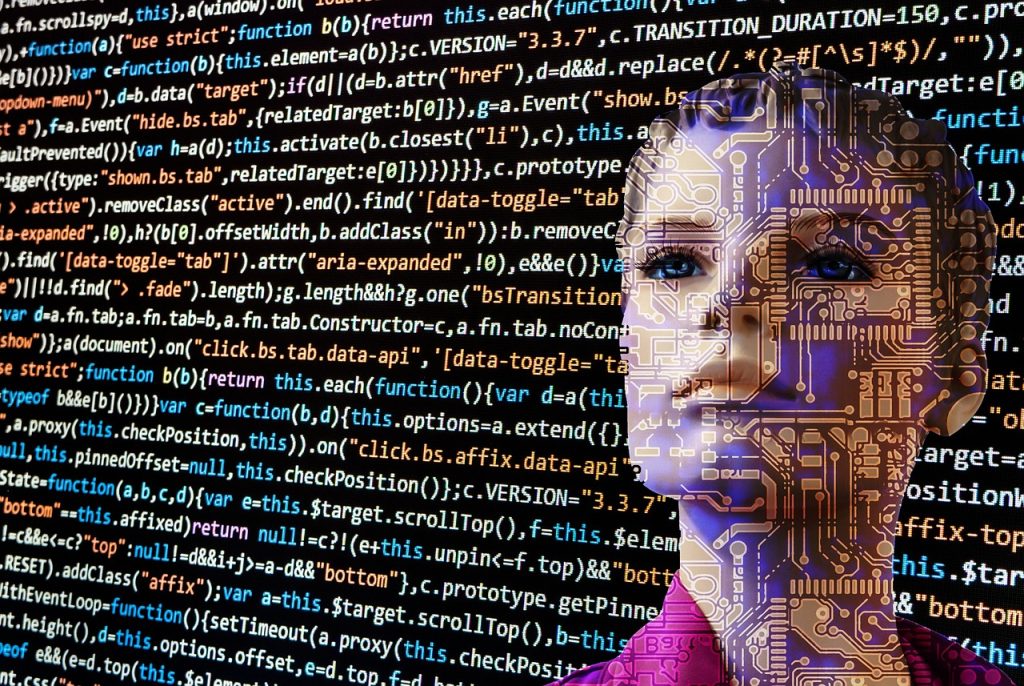The rapid advancement of artificial intelligence (AI) technology is transforming the way we live, work, and interact with each other. As we look to the future, AI will continue to play an increasingly important role in society, with new opportunities and challenges emerging along the way.

What is Artificial Intelligence?
Artificial intelligence refers to the ability of machines to mimic human intelligence and perform tasks that typically require human intelligence, such as recognizing speech, identifying images, and making decisions. AI is powered by algorithms and machine learning, which enable machines to learn from data and improve their performance over time.
The Current State of AI
AI has made significant progress in recent years, with breakthroughs in machine learning, natural language processing, and computer vision. AI is being used in a wide range of applications, from autonomous vehicles and virtual assistants to medical diagnoses and financial forecasting.
One of the most exciting developments in AI is the ability of machines to learn from data without being explicitly programmed. This approach, known as machine learning, has enabled machines to surpass human performance in certain tasks, such as image recognition and language translation.
Another important trend in AI is the rise of deep learning, a subset of machine learning that uses neural networks to learn from data. Deep learning has enabled machines to achieve unprecedented accuracy in tasks such as image and speech recognition.
Opportunities for AI
AI has the potential to transform many industries and improve people’s lives in countless ways. Here are some of the most promising opportunities for AI in the coming years:
Healthcare: AI can help diagnose diseases, personalize treatment plans, and improve patient outcomes. For example, AI-powered tools can analyze medical images to detect tumors and identify areas of concern.
- Finance: AI can improve financial forecasting and risk management, helping companies make better investment decisions and manage their finances more effectively.
- Transportation: AI can enable autonomous vehicles, reducing the risk of accidents and improving the efficiency of transportation networks.
- Education: AI can personalize learning experiences and help students learn more effectively. For example, AI-powered tutoring systems can adapt to each student’s learning style and provide personalized feedback.
- Manufacturing: AI can improve production processes and reduce costs by optimizing supply chains, predicting maintenance needs, and identifying opportunities for improvement.
Challenges for AI
While the opportunities for AI are immense, there are also significant challenges that need to be addressed. Here are some of the most pressing challenges facing the development and deployment of AI:
Bias: AI systems can inherit biases from the data they are trained on, leading to unfair or discriminatory outcomes. For example, facial recognition algorithms have been shown to be less accurate for people with darker skin tones, which can lead to misidentification and other issues.
Privacy: AI systems can collect and analyze large amounts of data, raising concerns about privacy and data security. There is a risk that AI systems could be used to invade people’s privacy or discriminate against certain groups.
Explainability: AI systems can be difficult to understand and explain, making it challenging to build trust and accountability. It is important to ensure that AI systems are transparent and can be audited to ensure they are making decisions that are fair and ethical.
Regulation: There is a need for regulations to ensure that AI is developed and deployed in a safe and responsible manner. Governments and industry organizations need to work together to establish guidelines and best practices for the development and deployment of AI.
Conclusion
The future of artificial intelligence is both exciting and challenging. AI has the potential to transform many industries and improve people’s lives in countless ways, but there are also significant challenges that need to be addressed. As we move forward, it is important to ensure that AI is developed and deployed in a safe, responsible
